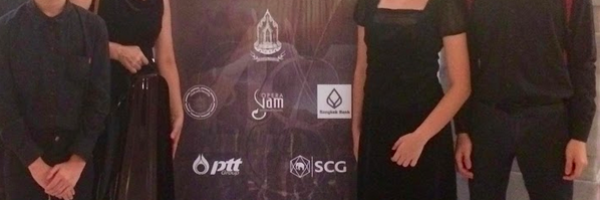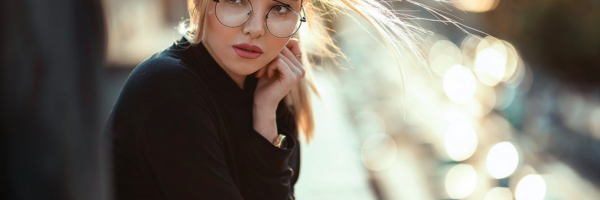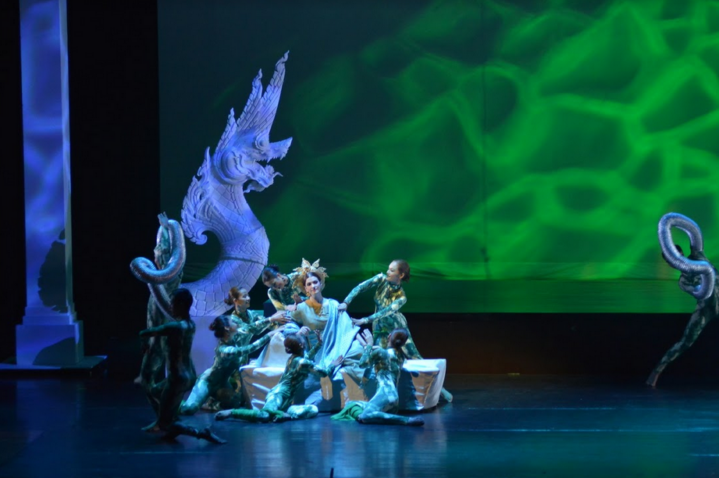
The Thai Opera Master: An interview with Maestro Somtow
February 8 th is World Opera Day. What better way to commemorate it than by interviewing Thailand’s
most eclectic opera composer/conductor/writer/director, Somtow Sucharitkul?
If you search for “opera in Thailand,” you will inevitably come across the name Somtow Sucharitkul. Distinguished Silpathorn Artist of Thailand, award-winning novelist, and composer of operas, Maestro Somtow is a man who defies definition. Born in Bangkok, Somtow grew up in Europe and was educated at Eton and Cambridge. In the 1970s he
acquired a reputation in Thailand as a revolutionary composer, the first to combine Thai and Western instruments.
Following a major burnout, however, Somtow emigrated to the United States and reinvented himself as a novelist. Under the name S.P. Somtow, he published over 60 books, including Vampire Junction and the semi-autobiographical Jasmine Nights, spanning science fiction, horror, and fantasy genres.
In 2001, Somtow decided to refocus his attention on the country of his birth, founding Bangkok’s first international opera company Opera Siam (originally the Bangkok Opera) and returning to music, “where he again reinvented himself, this time as a neo-Asian neo-Romantic composer.”*
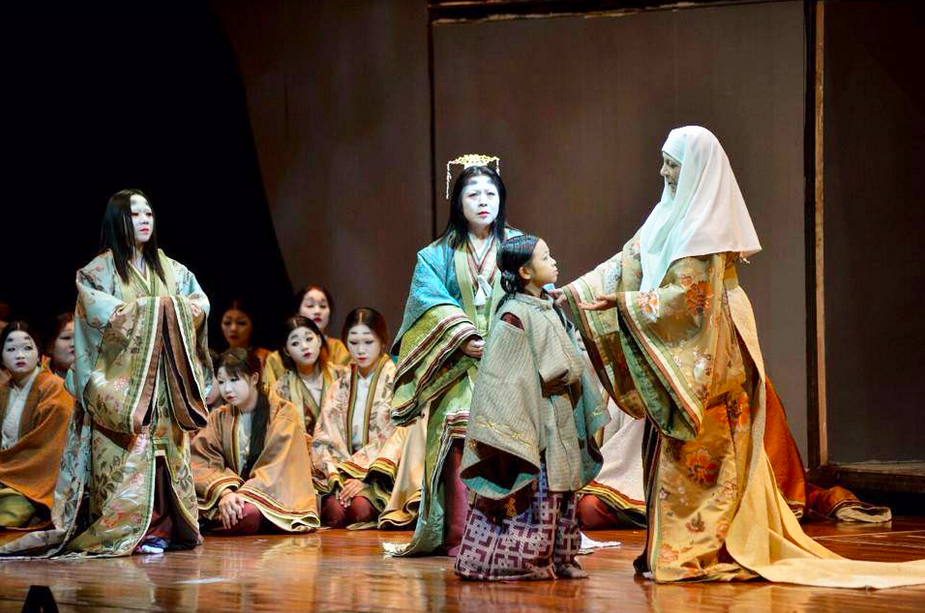
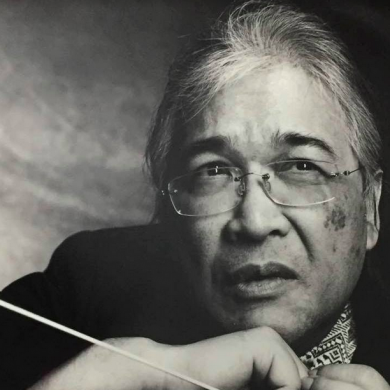
According to London’s Opera magazine, “in just five years, Somtow has made Bangkok into the operatic hub of SE Asia.” His operas on Thai themes, Madana, Mae Naak, Ayodhya, and The Silent Prince have been well received by international critics. The Japanese-inspired Dan no Ura and the fantasy opera The Snow Dragon have gained him acceptance as “one of the most intriguing of contemporary opera composers” (Auditorium magazine).
He is currently working on an ambitious ten-opera cycle, Dasjati — The Ten Lives of the Buddha — which, when completed, will be the classical music work with the largest time span and scope in history (for more information, see www.dasjati.com ).
How did you get into opera? Where does opera stand for you among your vast area of work?
I first tried to compose an opera when I was about 10. With typical childish overreach, I decided it would be based on Goethe’s Faust, not knowing that there are over sixty operas based on it. I wrote it on paper created with a stencil pen and copied on a mimeograph. I only managed a couple of pages. At 15, I wrote another opera, getting all the way to the end, but it too was somewhat “beyond my means” — it was an adaptation of Ibsen’s “Brand.” In my 20s I tried again with a bio-opera about Michelangelo, which went into rehearsal at Cambridge but ran out of money. Then there was the 7 opera science fiction cycle “Interfaces,” which I started in 1975, but somehow only finished two or three scenes, plus the complete libretti of the first three in the series.
I was in my late 40s before I managed to get an opera produced — Madana — after having a whole career as a novelist in between. I’ve now written nineteen stage works, mostly operas, making me a member of a very small club — living composers whose work is primarily opera.
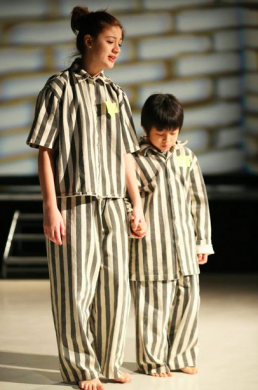
Is there any particular opera(s) with special emotional significance for you?
I think that they are all special, in that I try to create a completely different sound-world for each one. The DasJati series — the ten lives of the Buddha — is of course notorious for its gigantism — it will be one of the largest works in the history of classical music if I live to complete it. But the opera I’ve just completed, Helena Citrónová, is very special to me. It is about the Holocaust.
For those of us who have no idea: How do you write an opera? Music first or libretto (do you also write the libretto?)? Do you start off with a structure in mind?
I think the standard answer would be “very carefully.” Opera is about the music, not the words. Nevertheless, a well-crafted libretto is essential. The libretto is like a closet, and the music is the wardrobe. If the closet is dirty, shoddy, the clothes will get creased, fall off the hangers, and generally not reflect the acme of your taste. The composer’s skill is in hanging up the right combination of clothes, with the right colour scheme and materials. Most librettists don’t get this — unless they are professional librettists, which are even rarer than professional opera composers — they will always resent the fact that the words must be the faithful handmaiden of the music.
I take care of this problem by writing the libretto myself. Since I have an independent career as a novelist, I don’t need the libretto to prove what a “fine writer” I am. I construct the libretto to give as much room as possible for the music to breathe. I decide in advance on how the music is going to advance as a musical structure — i.e. I need a big ensemble before the end of such and such a scene, I’ll have a long solo to establish a character here, and so on. Then I develop the libretto. While composing the music, I end up cutting 30% of the libretto because anything that the music says, the words do not have to say as well.
You often incorporate Thai elements into Western operas. Why?
That speaks to the question “What is a western opera?” I’m an Asian composer who happens to have spent most of his life in the West. I don’t think of Buddhist mythology as something exotic and “other” and I also feel that the Holocaust is as much “my” history as the history of Europeans. It’s not about incorporating one into the other, it’s about utilising all the raw material of one’s experience.
Please tell us a bit about your Life of Buddha opera cycle. What inspired you to embark on composing
such a huge work? How far are you towards completion?
There’s a TedX Talk (see “Riding the Lightning,” TEDxChiangMai, 30 January 2016) about how I came to write this — if I regurgitated it, it would be longer than this interview. Sure, composing the “biggest integrated classical music work of all time” is a bit scary. I have finished No. 7, but No. 10 will be the next one to premiere, in December 2020.
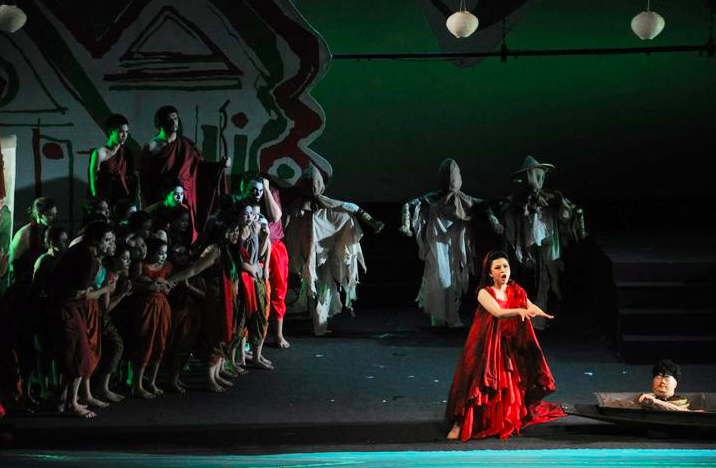
Your remarkable youth orchestra, Siam Sinfonietta, has been playing for your operas lately. How is working with the young musicians different from conducting a “grown-up” orchestra?
Owing to a financial crunch in 2016, our Siam Philharmonic was placed on hold and so the youth orchestra has been playing in the productions. This situation will not last as the Opera slowly moves back into better times.
How is it different?
It’s different. But they have incredible passion, and sometimes they are easier to train from not yet having picked up any bad habits.
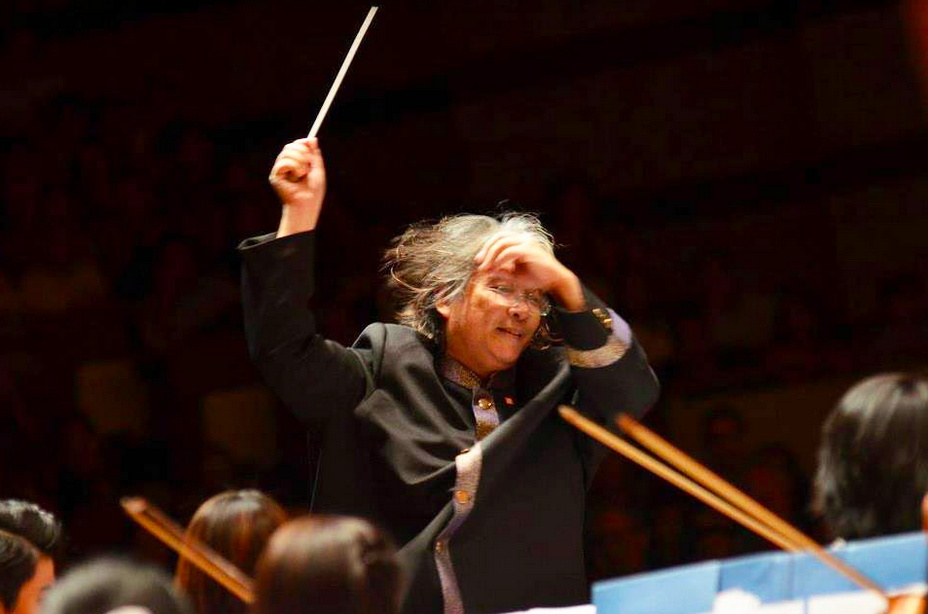
We’ve seen a remarkable growth of talented young Thai musicians in the last two decades. Any names that we should be looking out for?
Running a youth orchestra that only accepts the best young players in the country means that pretty much the entirety of the “creme de la creme” passes through my life at one time or another. Every seven years we go through a cycle — it takes about seven years to “grow” one of these brilliant people. So, I’ve been here for 20 years and am now seeing the third “class” emerge.
The first group to emerge were led by the incredible Trisdee na Patalung and included Ekachai Maskulrat, who is Thailand’s truly world-class cellist. “Gen Two” is in a way the one that’s closest to me because they’ve all spent so much time at my house or going on tour with us — string players like Chote Buasuwan and Wishwin Sureeratanakorn, and incredible woodwind and brass players. The Third Gen is shaping up nicely.
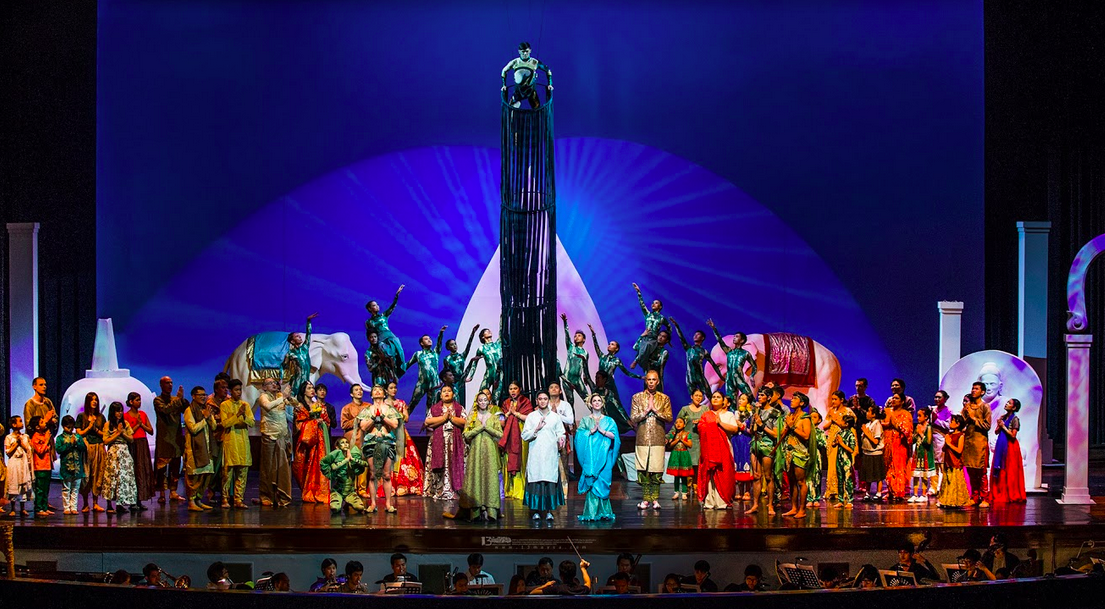
It must be exhausting to run these organisations, conduct and direct rehearsals and performances, compose, edit, promote, travel, develop projects… How do you manage it? Who helps you?
I need help. Operas are not cheap to produce — performers and musicians, venue, publicity, costumes, sets, makeup
and hair, crew, transportation… that’s not even a complete list of the costs. How do you finance these major undertakings? Through corporate sponsorship, government, and private donors — the three pillars of our opera company. There are ups and downs. When one pillar is weak, the structure doesn’t hold so we are working hard on this.
Where can we see past performances?
Do you still have DVDs (I don’t think mine work anymore!). Opera Siam has YouTube and Vimeo channels. Some of our operas are available for sale on amazon.com — search for “somtow.”
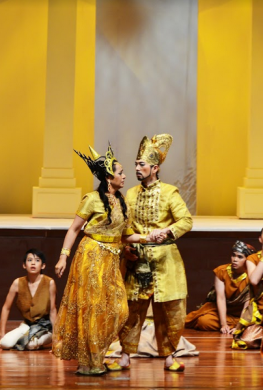
How can we support Opera Siam and the Sinfonietta? Where can we find upcoming performances and buy tickets?
Supporting the Opera: for information, write to us at [email protected], consider purchasing a season ticket, and subscribing to our mailing list. We always need support. It’s our audience that keeps classical music and opera alive.
Thank you for sharing all this with us, Maestro. Your contribution to Western classical music in Thailand — not to mention regionally and globally — is phenomenal and we are grateful for all you have done and continue to do.
P.S. For those of you who haven’t seen an Opera Siam production in over 10 years: consider it time to see how it’s grown!
2019/2020 Season: Remaining performances
The Love Concert (February 2020)
Salome (March 2020)
International Choir Festival: Beethoven’s Missa Solemnis (July 2020)
Epic Symphony Festival (August 2020)
To get the latest info:
Follow Opera Siam ( www.facebook.com/OperaSiam ) and Siam Sinfonietta ( www.facebook.com/SiamSinfonietta/ ) on Facebook
Add @operasiam in LINE
Sign up for their e-newsletter via www.operasiam.com or www.siamsinfonietta.com
———
Note:
* Somtow’s biography has been excerpted from www.operasiam.com/somtow .


